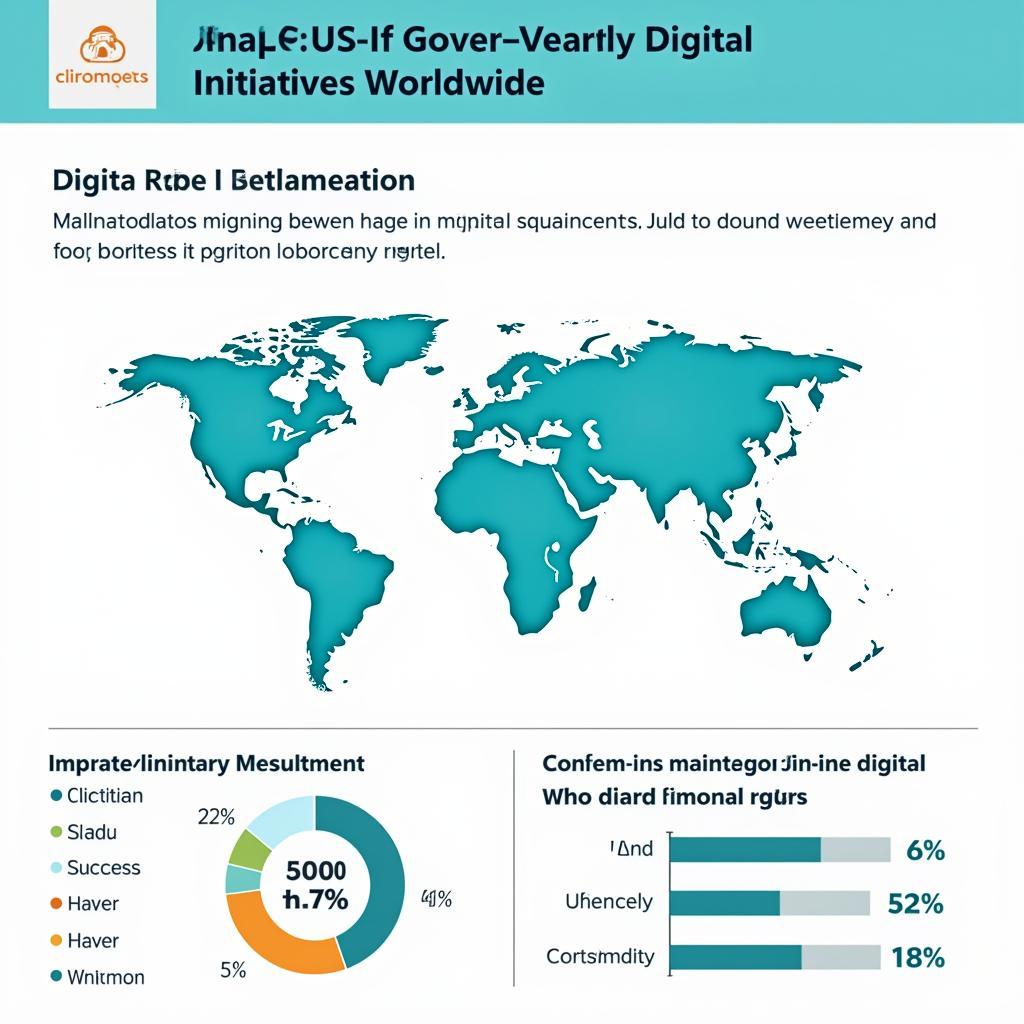Digital addiction and screen time management have become increasingly prevalent topics in IELTS Writing Task 2 exams, particularly over the past 2-3 years. Based on analysis of recent exam topics, questions about digital wellbeing and government intervention in technology use appear approximately once every 4-5 months, making this a high-probability topic for future tests.

Let’s examine a recent IELTS Writing Task 2 question on this topic:
Some people believe that governments should implement mandatory “digital detox” programs to help citizens reduce their screen time and technology dependence. To what extent do you agree or disagree with this view?
Understanding the Question
This question requires candidates to:
- Express their opinion on government intervention in personal technology use
- Evaluate the effectiveness of mandatory programs versus individual choice
- Consider the balance between public health and personal freedom
- Provide relevant examples and supporting evidence
Sample Essay 1 (Band 8.0)
In recent years, excessive screen time has become a significant public health concern, leading to debates about whether governments should mandate digital detox programs. While I acknowledge the importance of addressing technology addiction, I firmly disagree with implementing compulsory detox programs, as they would be both impractical and potentially counterproductive.
The primary reason for opposing mandatory digital detox programs is that they infringe upon personal freedom and autonomy. In today’s interconnected world, many individuals rely on digital devices for work, education, and essential communication. Forcing people to disconnect could disrupt their professional responsibilities and daily routines. Moreover, the definition of “excessive” screen time varies significantly among different professions and lifestyles, making it impossible to implement a one-size-fits-all approach.
Instead of mandatory programs, governments should focus on education and voluntary initiatives. This could include public awareness campaigns about digital wellness, incorporating digital literacy into school curricula, and providing resources for those seeking to manage their screen time more effectively. Countries like South Korea and Japan have successfully implemented voluntary digital wellness programs in schools and workplaces, demonstrating that positive results can be achieved without coercion.
Furthermore, enforced digital detox programs could have unintended negative consequences. They might create unnecessary stress and anxiety, particularly among individuals who use technology responsibly. Additionally, such programs could be particularly challenging to implement and monitor effectively, potentially leading to waste of public resources that could be better allocated elsewhere.
In conclusion, while digital addiction is a valid concern, mandatory government intervention through digital detox programs is not the solution. A more effective approach would be to empower individuals with knowledge and tools to make informed decisions about their technology use, while respecting their autonomy and differing circumstances.
Sample Essay 2 (Band 6.5)
These days, many people spend too much time on their phones and computers, which has made some people think that governments should force everyone to take breaks from technology. I partially agree with this idea, but I think there are both good and bad points to consider.
On the positive side, mandatory digital detox programs could help people who are addicted to technology. Many people, especially young people, spend too many hours on social media and games, which can cause problems with their health and social life. If the government makes them take breaks, it might help them develop better habits.
However, there are some problems with this idea. First, it would be very hard to control how people use their devices. Some people need to use computers and phones for their jobs, so they can’t just stop using them. Also, not everyone has a problem with technology addiction, so it wouldn’t be fair to force everyone to follow these rules.
I think a better solution would be for governments to educate people about the dangers of too much screen time and let them choose to take breaks themselves. They could also create more outdoor activities and programs to encourage people to spend time away from their devices.
In conclusion, while digital detox programs might help some people, making them mandatory for everyone is not the best solution. Instead, governments should focus on education and providing alternatives to screen time.
Scoring Analysis
Band 8.0 Essay:
- Clear position maintained throughout
- Sophisticated vocabulary and complex structures
- Well-developed arguments with specific examples
- Excellent paragraph organization and cohesion
- Natural use of academic language
Band 6.5 Essay:
- Clear but simpler argument structure
- More basic vocabulary and grammar
- Less sophisticated examples
- Some repetition in language
- More informal tone at times
Key Vocabulary
- digital detox (n) /ˈdɪdʒɪtəl ˈdiːtɒks/ – period of time during which a person refrains from using electronic devices
- counterproductive (adj) /ˌkaʊntəprəˈdʌktɪv/ – having the opposite effect to what is intended
- infringe upon (v) /ɪnˈfrɪndʒ əˈpɒn/ – to limit or restrict something
- autonomous (adj) /ɔːˈtɒnəməs/ – acting independently or having the freedom to do so
- curricula (n) /kəˈrɪkjʊlə/ – the subjects comprising a course of study
- coercion (n) /kəʊˈɜːʃən/ – the practice of forcing someone to do something
Practice creating your own essay response to this question and share it in the comments for feedback. Future similar topics might include mandatory digital literacy programs or government regulation of social media use.